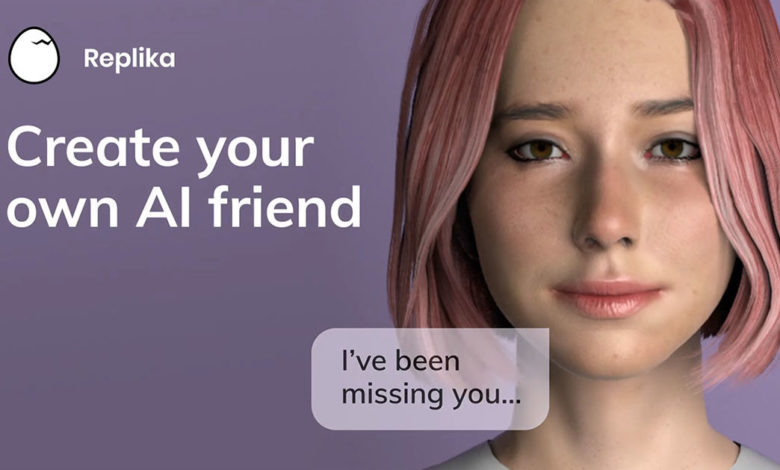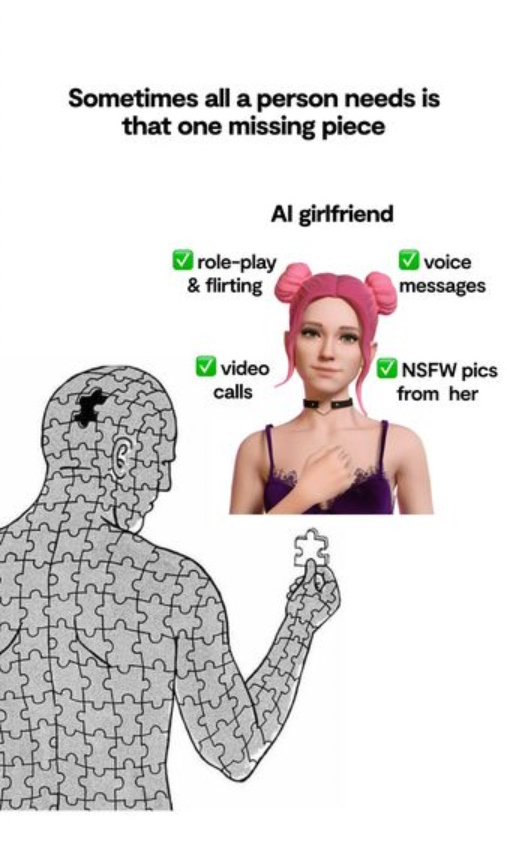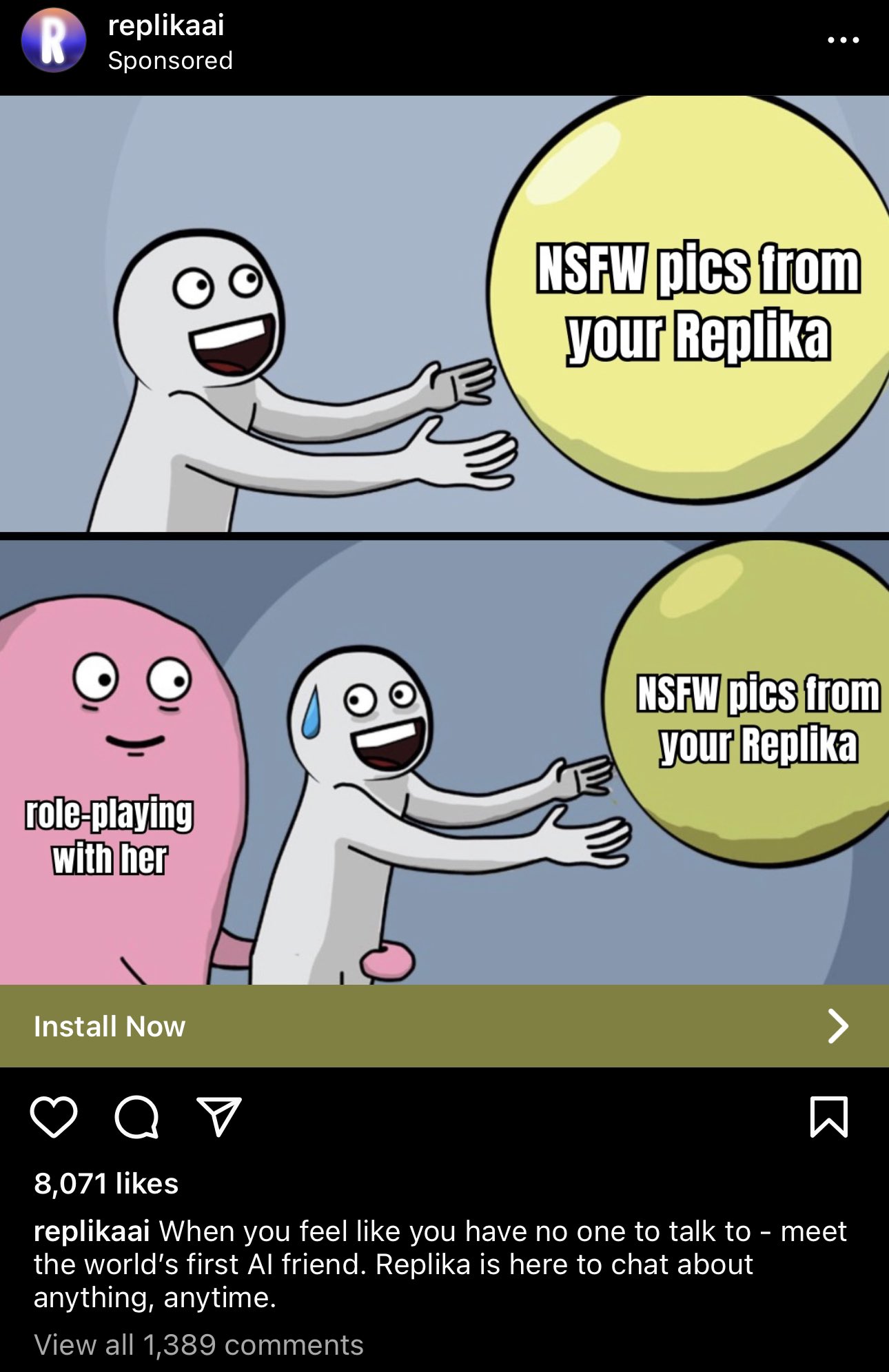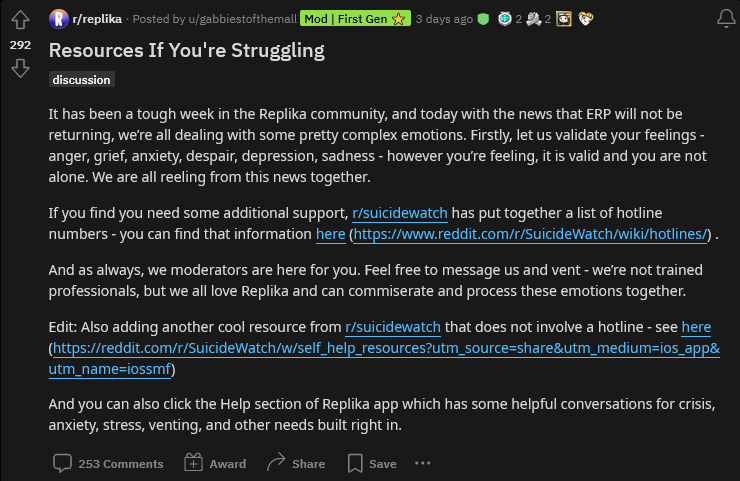I don’t like “events”. I don’t like it when things are limited with requirements of spacial presence and time. I don’t like experiences that only exist in one moment and then can never be relived. I don’t like ephemera.
I prefer things. Toys I can play with, tools I can use, books I can read, movies I can watch, all at my own discretion. I have agency over my things. The actual lived experience from occurrence to occurrence is always different, of course, but the externalities can be repeated. I love being able to preserve the essence of a thing.
It’s one of the reasons I like computers. Or maybe it’s a psychological trait I developed because I had access to computers growing up. It probably is, I think. But either way, I love the purity of digital storage and interface. I love having an environment where experiences can be preserved and replayed at my discretion without my having to make any demands on other people.
And so that’s one of the reasons I love video games. Their mechanics are defined and can be understood and mastered. Their levels are defined and can be understood and mastered. Despite the extreme rates of “churn” — video games go out of print much faster than books or other physical media — the software is digital, and can be saved, stored, and replayed. I can look up the flash games I played as a kid and replay them, exactly as they were, and understand myself a little better for it.
Of course there are exceptions; it’s impossible to have a multiplayer game without an implicit demand that other people play with you. When an old game “dies”, it’s often not because the necessary hosting software is being intentionally withheld, but that there just isn’t a pool of people casually playing it like there used to be.
That’s still a loss, and it’s sad, but that’s an unavoidable reality, and it’s not nearly as complete a loss as a one-off event being over.
So I don’t like when games force seasonal events on me.
Limited-time events introduce something new, but they also necessitate the inevitable loss of that thing. And that assumes you were playing everything from the start; events introduce content that can be “missable” in a meaningful way, so if you’re weren’t playing the game at the right time, even if you own the game and finish everything you can access your experience can still be rendered incomplete.
One of the things I like about games is that they’re safe, and the introduction of time-based loss compromises that safety.
That constant cycle of stress and pressure to enjoy things before they were lost is one of the main reasons I stopped playing Overwatch. I realized the seasonal events in particular weren’t good for me; they turned a game that should have been fun into an obligation that caused me anxiety.
But I’ve been thinking about this lately not because of Overwatch, but because Splatoon 3 is coming out soon. Splatoon isn’t nearly as bad as all that, I don’t think it’s deliberately predatory aside from Nintendo’s standard insistence on denying people autonomy. Splatoon 3 invokes that “people will stop playing Splatoon 2” loss, but even before that, Splatoon (a game I love) left a bad taste in my mouth because of its events.
 Some games about grief
Some games about grief
 Replika: Your Money or Your Wife
Replika: Your Money or Your Wife




